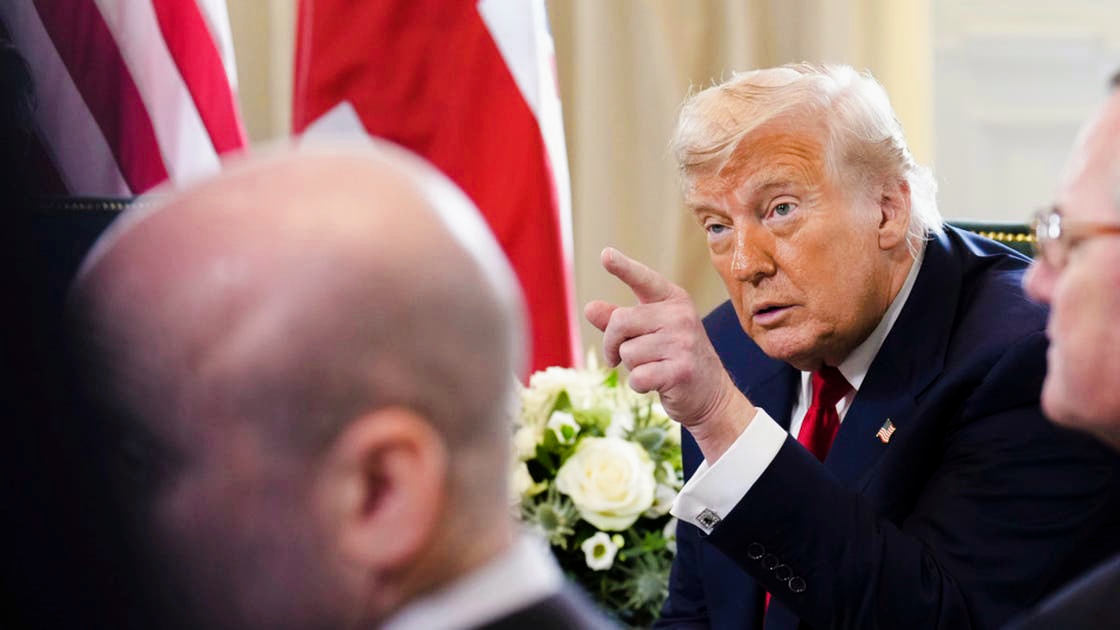Exchange of Threats between Trump and Medvedev Increases Tension between Washington and Moscow
July 31, 2025151 ViewsRead Time: 2 minutes

Font Size
16
In a new escalation of US-Russian relations, US President Donald Trump issued a direct warning to former Russian President Dmitry Medvedev, urging him to pay attention to his statements, following a series of mutual statements that raised fears of serious tension between the two nuclear powers.
Trump, through his platform "Truth Social," said he is not interested at all in what India is doing with Russia, pointing out that both countries can destroy their deteriorating economies, as he described it.
He added that trade between the United States and India is minimal due to high tariffs in New Delhi, considering that Washington and Moscow barely deal economically, saying: "Let's keep things this way."
He then directly addressed Medvedev, saying: "Let's tell the failed former Russian president, who thinks he is a president, to beware of his words," adding that Medvedev "is entering an extremely dangerous zone."
These statements came days after Trump threatened to impose strict tariffs on Russia's trading partners if Moscow does not reach an agreement to stop the ceasefire with Ukraine within fifty days, setting a deadline that ends on September 2.
However, Trump hinted later at shortening the deadline during his meeting with British Prime Minister Keir Starmer, saying: "It may not be fifty days... maybe just ten or twelve days."
Medvedev's response came quickly via the "X" platform, in which he strongly attacked Trump, warning that "every new warning is a step towards war," indicating that the threat is no longer directed only at Russia but at the United States itself. He added: "Russia is not Israel or even Iran," referring to the recent US military strike against Iran in support of Israel in last month's conflict.
It is worth mentioning that Medvedev served as the President of Russia between 2008 and 2012, and still wields considerable influence in Russian decision-making through his current position in the National Security Council.